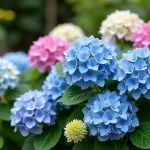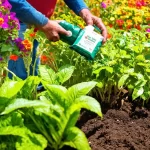The PG hydrangea tree, also known as peegee hydrangea, is a spectacular deciduous shrub or small tree admired for its stunning blooms and adaptability. Known scientifically as Hydrangea paniculata ‘Grandiflora’, these trees can grow to 10–20 feet tall and are particularly renowned for their large, creamy-white flower panicles that can bloom from midsummer into fall.
Characteristics and Growth of PG Hydrangea Trees
The PG hydrangea tree is characterized by:
- Size: Typically grows to heights of 8-15 feet when grown as a tree.
- Flowers: Large, cone-shaped blooms that change from white to a beautiful pink as they mature.
- Foliage: Dark green leaves measuring 3–6 inches in length which provide a lush backdrop to the stunning flowers.
- Hardiness: They thrive in USDA hardiness zones 3–8, making them suitable for many climates.
Table: PG Hydrangea Tree Key Features
| Feature | Details |
|---|---|
| Common Names | PeeGee Hydrangea, PG Hydrangea |
| Scientific Name | Hydrangea paniculata ‘Grandiflora’ |
| Growth Habit | Upright, bushy, can be trained as a tree |
| Bloom Time | Midsummer to fall |
| Flower Color | Creamy white to pink |
| Height | 8–15 feet (as a tree) |
| Sun Requirement | Full sun to partial shade |
| Soil Preference | Well-draining soil |
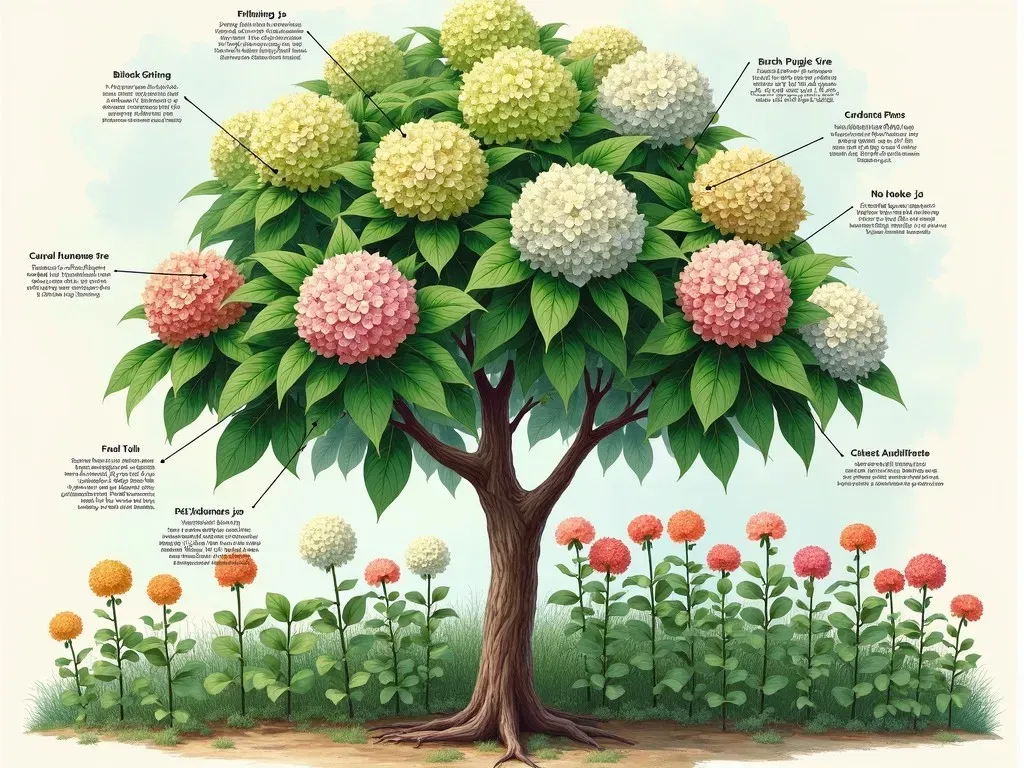
Planting and Care Instructions
Best Practices for Planting
- Soil: Use well-draining acidic to neutral soil.
- Sunlight: Aim for a location with full sun or partial shade.
- Spacing: Ensure adequate space when planting, ideally 6–10 feet apart to allow for growth.
Pruning Techniques
Pruning is essential for maintaining the shape and health of PG hydrangea trees. Here are some guidelines:
- When to Prune: Late winter or early spring before new growth starts.
- What to Trim: Remove dead or thin out crowded branches to promote airflow and encourage larger blooms.
Watering Guidelines
PG hydrangeas are relatively drought-tolerant once established, but consistent watering is crucial during their first year. Aim for:
- Weekly Watering: Approximately 1 inch of water once per week during dry spells.
Fertilization
To maximize bloom size and health:
- Use a slow-release fertilizer in early spring.
- Consider an acid-loving plant fertilizer to enhance flowering.
Pest and Disease Management
PG hydrangeas are prone to certain pests and diseases, such as:
- Powdery Mildew: Prevent with good air circulation and avoiding overhead watering.
- Aphids: Control with insecticidal soap or neem oil when detected.
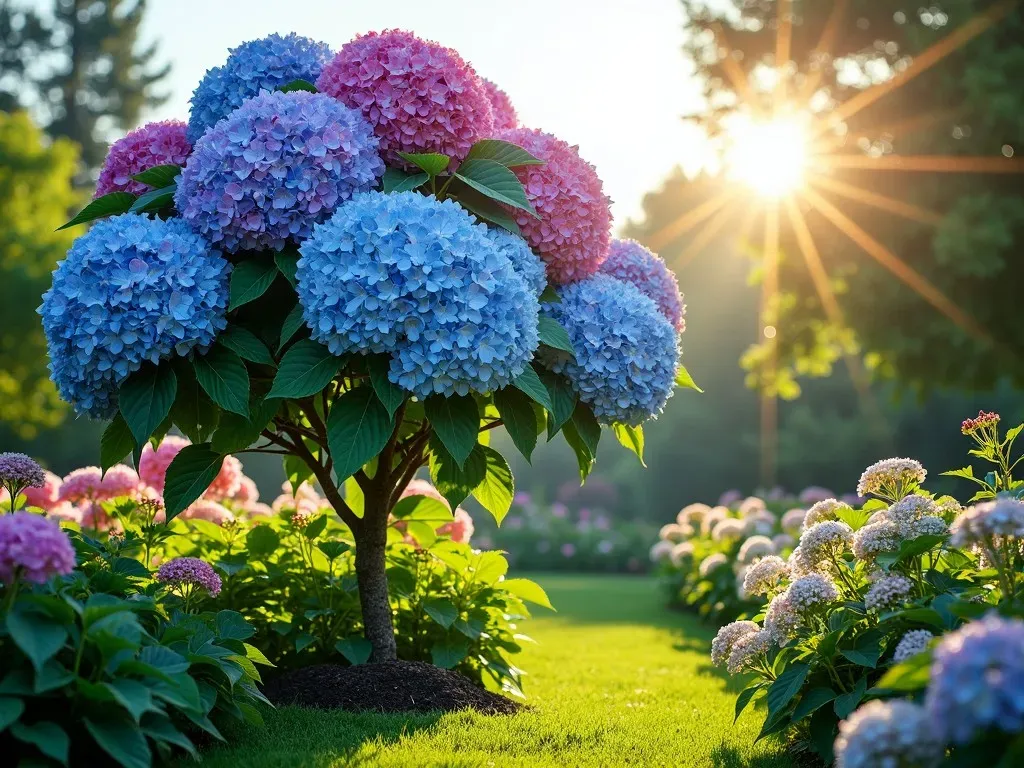
Reference Video
Frequently Asked Questions (FAQ)
1. Can PG hydrangeas grow in pots?
While it’s possible to grow PG hydrangeas in containers, they thrive best in the ground where they have space to spread their roots. If you opt for a pot, use a large one, and ensure proper drainage.
2. How fast do PG hydrangeas grow?
PG hydrangeas are relatively fast-growing. Expect them to grow approximately 1–2 feet annually under optimal conditions.
3. Can I use PG hydrangeas for privacy screening?
Due to their height and fullness, PG hydrangeas can make excellent privacy screens when planted in rows.
4. What colors can I expect from my blooms?
Initially, flowers will be creamy white, transitioning to a lovely pink hue as they age.
5. Are PG hydrangeas deer-resistant?
PG hydrangeas are generally considered deer-resistant, though hungry deer may occasionally nibble on them.
Tips for Selecting PG Hydrangea Trees
When looking for PG hydrangea trees for sale, consider:
- Local Nurseries: Visit local garden centers for plants that are acclimated to your specific climate.
- Online Retailers: Reputable sources like Proven Winners often carry high-quality specimens.
Conclusion
The PG hydrangea tree combines beauty, versatility, and hardiness, making it a fantastic addition to any garden.
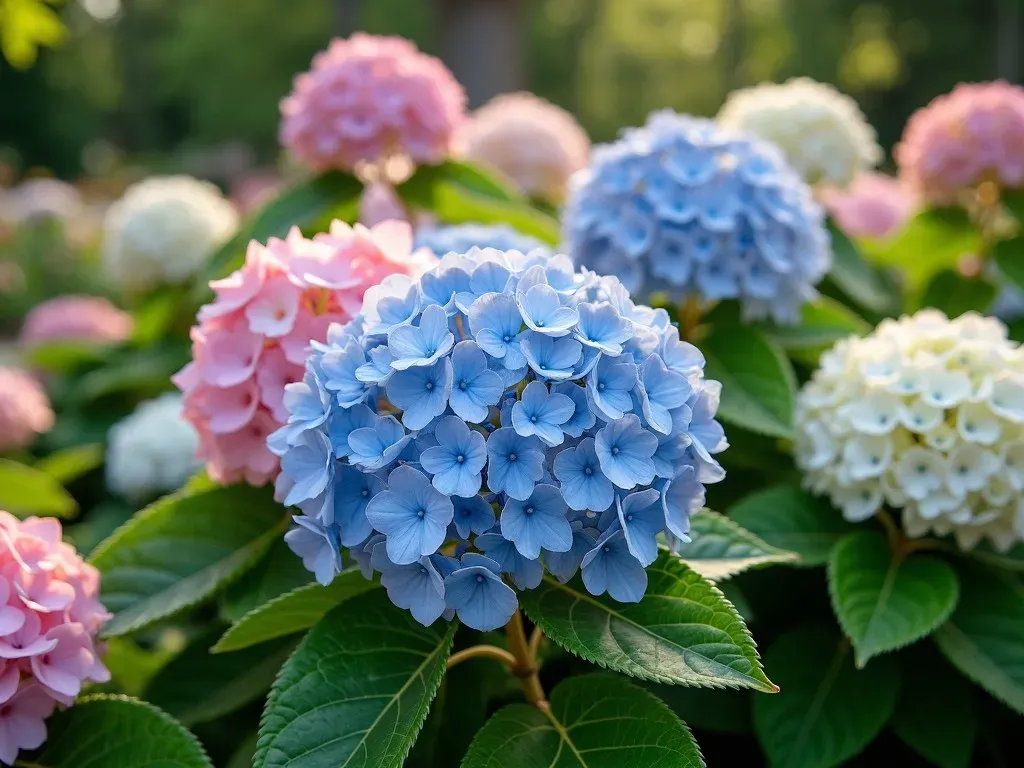
Through proper care, strategic planting, and ongoing maintenance, you can enjoy the breathtaking display of the PG hydrangea tree for many seasons to come. Whether you are a seasoned gardener or just starting, this stunning tree will undoubtedly enhance the aesthetic of your landscape and create a delightful environment for relaxation and enjoyment.

